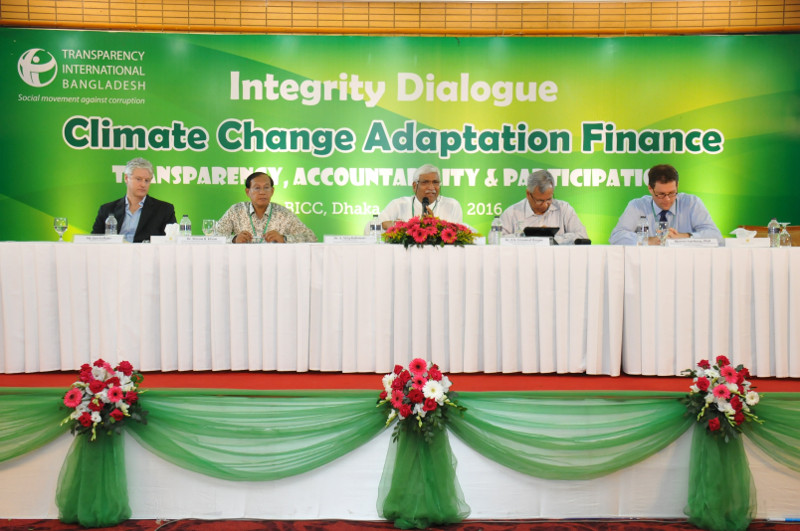Published: 29 March 2016


Published: 29 March 2016
 National and international experts today 29 March 2016, urged the governments of climate vulnerable countries to ensure the highest level of integrity, transparency and accountability in the overall management of their respective adaptation funds.
National and international experts today 29 March 2016, urged the governments of climate vulnerable countries to ensure the highest level of integrity, transparency and accountability in the overall management of their respective adaptation funds.Copyright © 2025 Transparency International Bangladesh